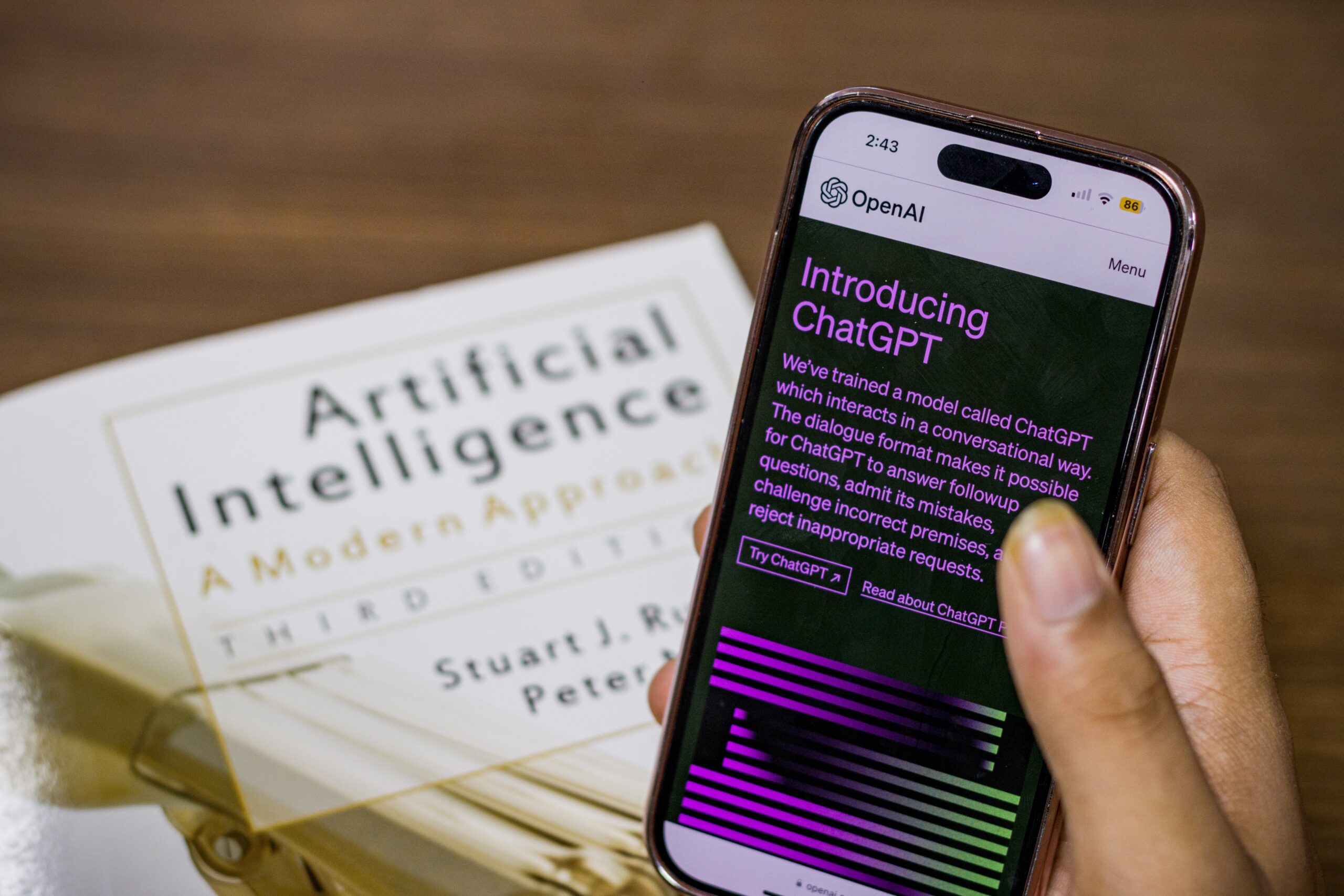What To Make Of ChatGPT’s User Growth Decline
The Beginning Of The End?
More than six months after launching on November 2022, ChatGPT recorded its first decline in user growth and traffic in June 2023. Spiceworks reported that the Washington Post surmised quality issues and summer breaks from schools could have been factors in the decline, aside from multiple companies banning employees from using ChatGPT professionally.
Brad Rudisail, another Spiceworks writer, opined that a subset of curious visitors driven by the hype over ChatGPT could’ve also boosted the numbers of early visits, the dwindling user growth resulting from the said group moving on to the next talk of the town.
The same article also brings up open-source AI gaining ground on OpenAI’s territory as a possible factor, thanks to customizable, faster, and more useful models on top of being more transparent and the decreased likelihood of cognitive biases.
Don’t Buy Into The Hype
But perhaps the best takeaway is Mr. Rudisail’s point that we’re still in the early stages of AI and it’s premature to herald ChatGPT’s downfall with a weak signal like decreased user growth. For all we know, this is what could be considered normal numbers, with earlier figures inflated by the excitement surrounding its launch. Don’t buy into the hype is a position we at Cascade Strategies advocate when it comes to matters of AI.
The advent of AI has taken productivity and efficiency to levels never seen before, so the initial hoopla over it is understandable. However, we believe people are now starting to become a little more settled in their appraisal of AI. They’re starting to see that AI is pretty good at “middle functions” requiring intelligence, whether that be human or machine-based. But when it comes to “higher function” tasks which involve discernment, abstraction and creativity, AI output falls short of excellence. Sometimes mediocrity is acceptable, but for most pursuits excellence is needed.
Excellence Achieved Through High Level Human Thinking
To illustrate just how AI would come out lacking in certain activities, let’s consider our case study for the Gargoyles brand of sunglasses. ChatGPT can produce a large number of ads for sunglasses at little or no cost, but most of those ads won’t bring anything new to the table or resonate with the audience.
However, when researchers spent time with the most loyal customers of Gargoyles to come up with a new ad, they discovered a commonality that AI simply did not have the power to discern. They found a unique quality of indomitability among these brand loyalists: many of them had been struck down somewhere in their upward striving, and they found the strength and resolve to keep going while the odds were clearly against them. They kept going and prevailed. The researchers were tireless in their pursuit of this rare trait, and they stretched the interpretive, intuitive, and synthesis-building capacities of their right brains to find it. Stretching further, they inspired creative teams to produce the award-winning “storyline of life” campaign for the Gargoyles brand.
All told, this is a story of seeking excellence, where hard-working humans press the ordinary capacities of their intellects to higher layers of understanding of a subject matter, not settling for simply a summarization of the aggregate human experience on the topic. This is what excellence is all about, and AI is not prepared to do it. To achieve it, humans have to have a strong desire to go beyond the mediocre. They have to believe that stretching their brains to this level results in something good.
How To Make “Appropriate Use” of AI
But that is not to say that AI and high level human thinking can’t mix. The key is to recognize where AI would best fit in your process and methodologies, then decide where human intervention comes in. This is what we call “Appropriate Use” of AI.
Take for example our case study for Expedia Group and how they engage with millions of hospitality partners. Expedia offers their partner “advice” which helps them receive a booking over their competitors. With thousands of pieces of advice to give their partners, they utilize AI to filter through all those recommendations and present only the best ones to optimize revenue. Cascade Strategies has helped them further by creating a tool called Scenario Analyzer, which uses the underlying AI model to automate the selection of these most revenue-optimal pieces of advice.
Either way, the end decision on which advice to go with (or whether they accept any advice at all) ultimately still comes from Expedia’s partner, not the AI.
Copyright ClaudeAI.uk
A Double-edged Sword
As you can see with ChatGPT, it’s easy to get carried away with all the hype surrounding AI. At launch, it was acclaimed for the exciting possibilities it represented, but now that it has hit a bump in the road, some people and outlets act as if ChatGPT is on its last leg. Hype is good when it’s necessary to draw attention; unfortunately in most cases, it sets up the loftiest of expectations when good sense gets overridden.
This is why we think a sensible mindset is the best way to approach and think about AI — to see it for what it really is. It’s a tool for increasing productivity and efficiency, not the end-all and be-all, as there is still much room for excellent human thinking backed by experience and values to come into play. Our concerns for now may not be as profound and dire as those expressed by James Cameron, Elon Musk, Steve Wozniak and others, but we’d like to believe that “appropriate use” of AI is the key towards better understanding and responsible stewardship of this emerging new technology.

Tell us how we can help you
Cascade Strategies can serve your market research needs from the most straightforward to the most sophisticated project. Don’t hesitate to contact us to tell us about your next project, or your overall research needs in general. You can call (425) 677-7430 and ask for Jerry, Nestor, or Ernie. Or send us an email at info@cascadestrategies.com. We’ll get back to you quickly!
subscribe




